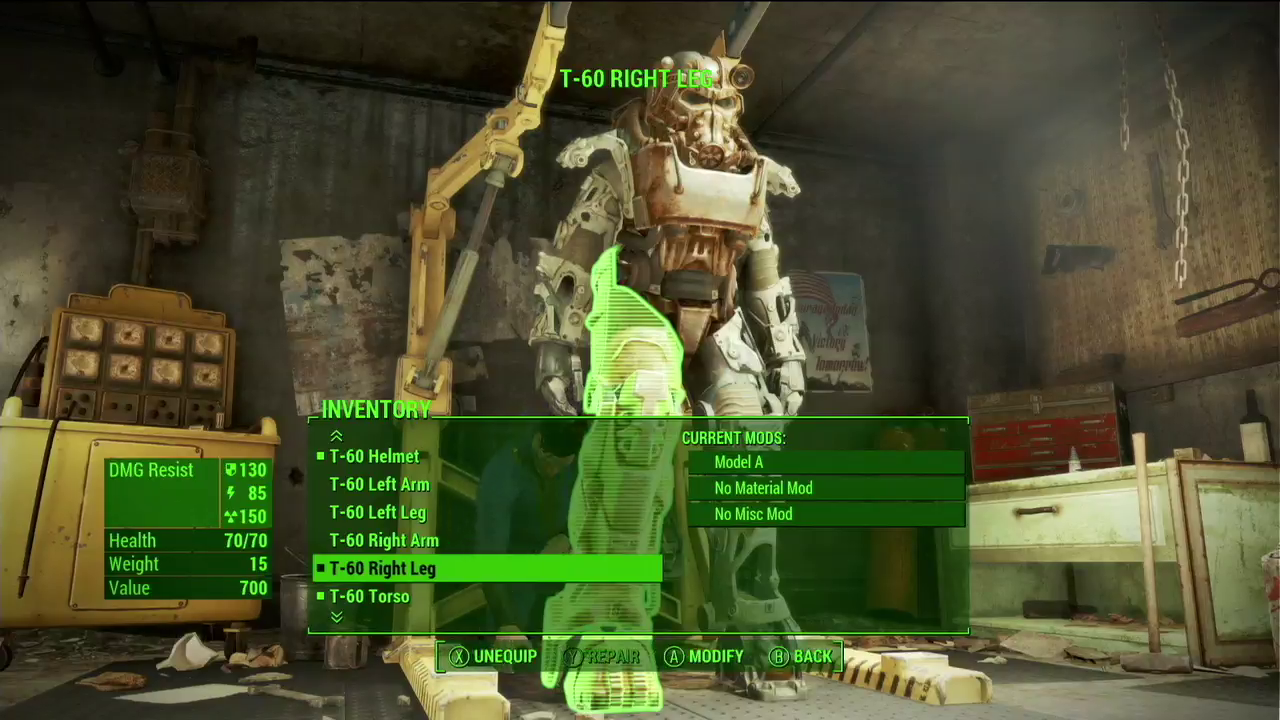Online gambling started to appear in the 1990s, with sports betting appearing first, and online casinos and poker rooms following shortly after. By the year 2000, internet access was commonly available, and when Chris Moneymaker qualified for, and went on to win the World Series of Poker in 2003 after playing a satellite tournament at an online poker site, the popularity of online poker reached an all time high.
The first reference to video poker appeared in the 1830s ?poker machines began appearing in America during the 1800s. These machines were coin operated, and manufactured by Sittman and Pitt of Brooklyn. They were usually found in liquor and cigarette stores.
Other references throughout history include 12th and 13th century Egyptian card games, and a 16th century Persian game called 'Ganjifa', or, Treasure cards.
The history of poker can be traced back over more than ten centuries. The game has evolved over the years, but the principle of ranked cards, and 'bluffing' about the value of your hand, is one that has been around for more than a millenium.
One belief is that around the first similar game to poker was invented in 969 A.D, when the Chinese Emperor Mu-tsung is reported to have played a 'domino cards' game with his wife on New Years Eve.
The first true 'video' poker machines did not appear until the 1970s, when computers became more commonly available. Video poker saw a resurgence in popularity around this time, as the new machines were much more attractive and interesting to play on.
The name Poker is believed to come from either the French game 'Poque', or the German game 'Pochen' which come from the 17th and 18th centuries.
The early machines were similar in operation to the first slot machines ?the player would place a coin in the machine and pull a lever. The machine had drums with cards attached, and these drums would spin to create the hand. Winning hands did not pay out in cash, rather in liquor or cigars.
Each player is dealt five cards, one at a time, and all the cards are placed face down. The remainder of the deck is placed to one side while players examine their hands, and then decide to bet or fold.
The first poker variant most people learn is Five-Card Draw. This is a popular variant of poker in home games, but is not usually seen in casinos. The other variations, such as Texas Hold'em and Omaha Hi will be discussed later.
If there is still more than one player left in the game, then there is a showdown, where all the players reveal their hands, and the player with the best hand wins on the spot.
After the players have been dealt their replacement cards, a second round of betting begins.
If, after the first round of betting, more than one player remains, the 慸raw?phase will begin ?each player can choose to discard a number of cards and replace them with an equal number of cards from the deck.
If you are playing Five Card Draw poker in a casino style situation, the first betting round would begin with the player to the left of the blind. The rounds that follow will begin with the player to the left of the dealer. In a more casual home game, players begin with an ante.
Five Card Draw poker is easy to learn and a good foundation for the other poker variations, which are discussed elsewhere on this site.






 5 Sites to Download Ringtones That Don't Suck
5 Sites to Download Ringtones That Don't Suck The Walking Deads Subtle Evolution
The Walking Deads Subtle Evolution History of the Never Changing War: A Fallout Retrospective
History of the Never Changing War: A Fallout Retrospective Mortal Kombat X (PC) Krypt - Collectibles and Secrets
Mortal Kombat X (PC) Krypt - Collectibles and Secrets Fallout 4: Resettle Refugees walkthrough
Fallout 4: Resettle Refugees walkthrough